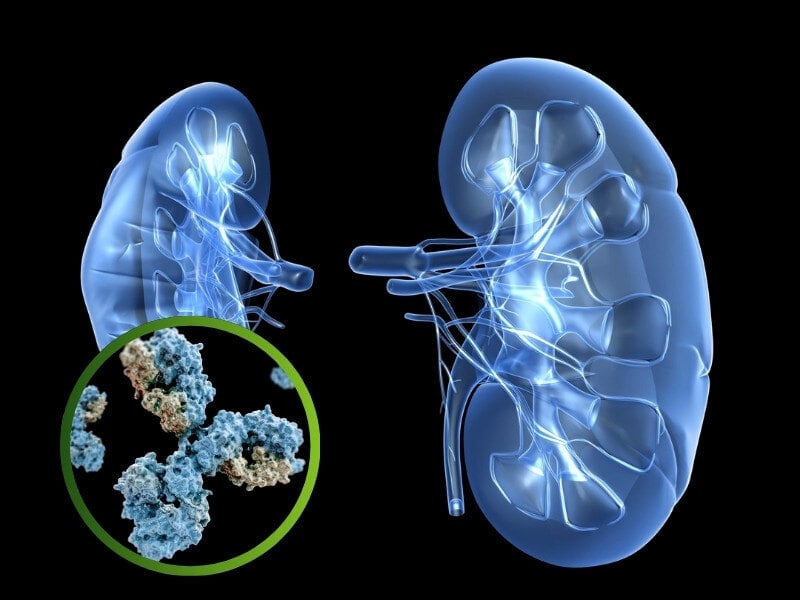In Vivo Models Show Survival Promise for Zika Oncolytic Viral Therapy for Neuroblastoma
.png)
Research from the Nemours Children’s Hospital in Orlando, FL, has assessed the efficacy of the Zika virus as an oncolytic treatment for neuroblastoma in tumour models. Neuroblastoma, a deadly cancer that effects extra-cranial nerve cells around the body, currently accounts for 15% of all childhood cancer-related deaths and is associated with poor survival outcomes.
Lead author and Associate Professor of Surgery at Nemours Children’s, Prof. Tamarah Westmoreland said: "More than half of patients with high-risk neuroblastoma do not respond to chemotherapy or radiation, or they respond initially, but develop a recurrence, these patients are in urgent need of new treatment options."
RELATED:
- Immunostimulatory Oncolytic Viruses: Interview with Angelica Loskog, CEO, Lokon Pharma
- Oncolytic Virus Immunotherapy: A Revolutionary Approach in Immuno-Oncology
- Positive Phase I Data from Oncolytic Virotherapy Trial
The mosquito-carried Zika virus is known to cause significant damage to neuronal development of foetuses during pregnancy. However, when infecting non-pregnant people, the virus causes only mild constitutional symptoms.
Mice with neuroblastoma were injected with Zika virus directly into their tumours; researchers observed that the Zika virus infected neuroblastoma cells causing lysis in those cell types – effectively killing the cell.
As expression of the gene MYCN is an indicator of poor patient outcome, the researchers used models that amplified the gene, and models that didn’t. In both instances, the team noted that the virus had a potent anti-tumoral effect.
The paper, published in Cancer Research Communications, builds on Nemours’ 2018 findings which first identified the possibility that Zika could kill neuroblastoma. Now, these latest experiments have “led to a nearly total loss of the tumour mass without evidence of recurrence, offering a robust survival advantage to the host.”
Furthermore, the virus’s ability to kill tumour cells was found to be dependent on CD24 expression, the protein which is also responsible for the virus’s ability to cause birth defects. From this insight, the paper suggests that CD24 could be exploited as a prognostic target for a broad range of cancers that express the protein.
"With further validation, Zika virus could be an extremely effective bridge therapy for patients with high-risk neuroblastoma," said first author and Research Scientist at Nemours Children’s, Dr. Joseph Mazar. "We also see potential for Zika virus to be used to treat children and adults with other cancers that express high levels of CD24."
As well as the neuroblastoma study, the oncolytic effect of Zika has also been investigated as a potential treatment for the brain cancer glioblastoma.





